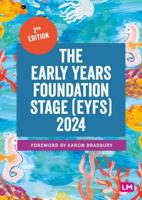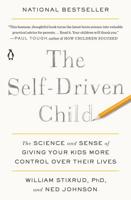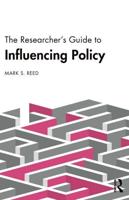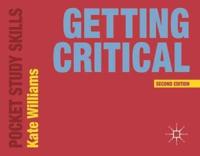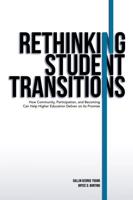Publisher's Synopsis
This book investigates the role of Service Learning in supporting inclusive practice. Specifically, it explores the process of Service Learning and the intersection with inclusion in classroom and community. Special consideration is given to issues of equity, students with disability, those from disadvantaged backgrounds, and students of different cultural and language groups.
Service Learning involves students at primary, secondary and tertiary levels actively engaging with schools and the community in service projects, where both students and community benefit. It involves reciprocity between those providing the service and those receiving the service. Students connect with their academic discipline through intentional academic and personal learning goals as a result of structured reflection.
The first section of the book embeds Service Learning and inclusive education within a theoretical perspective. Discussions focus on research, practical considerations for developing a Service Learning program, ethics and social capacity of those who are marginalised. The second section reviews Service Learning within a primary/elementary context. Chapter authors discuss how service learning can be embedded into the school environment and how participating student's experiences have shaped classroom and community interactions. The third section describes methods of incorporating Service Learning within a secondary school context. A variety of experiences are examined, along with procedures for successful program development.
The fourth and final section focuses on the impact of Service Learning on pre-service teachers' appreciation of inclusivity and social justice issues within inclusive classrooms. Preparation for the practical and professional components of becoming an effective inclusive teacher are described.

